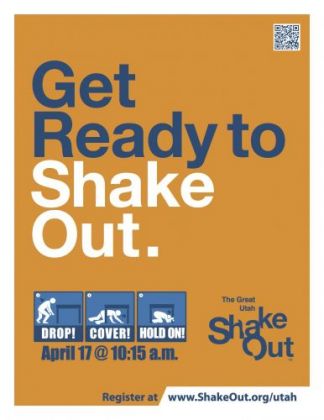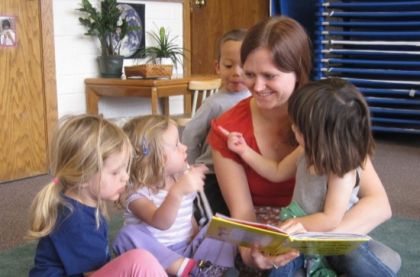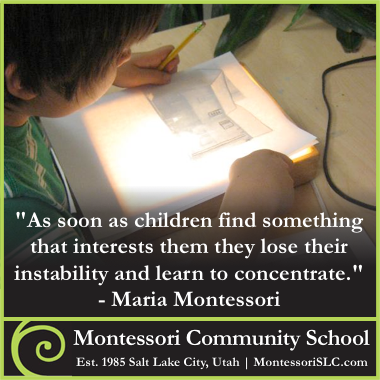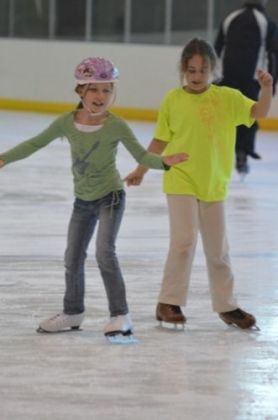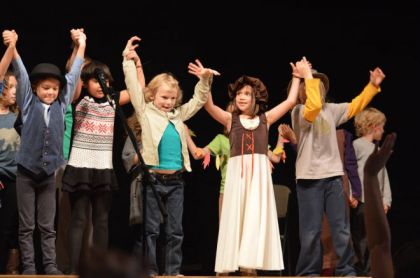“Montessori was like playing at being alive.”- Gabriel Garcia Marquez
GABRIEL GARCIA MARQUEZ, Nobel Prize-winning Novelist & Montessori Graduate Dies
Gabriel Garcia Marquez, the columbian author who won a Nobel Prize for literature was sent to a Montessori school and is an avid supporter of the philosophy. He stated, ” I do not believe there is a method better than Montessori for making children sensitive to the beauties of the world and awakening their curiosity regarding the secrets of life.”
His book, ‘One Hundred Years of Solitude’ has been named as the book that has most shaped world literature of the last 25 years.

“Montessori was like playing at being alive.”- Marquez
Farewell Letter – Credited to Marquez
If God, for a second, forgot what I have become and granted me a little bit more of life, I would use it to the best of my ability.
I wouldn’t, possibly, say everything that is in my mind, but I would be more thoughtful of all I say.
I would give merit to things not for what they are worth, but for what they mean to express.
I would sleep little, I would dream more, because I know that for every minute that we close our eyes, we waste 60 seconds of light.
I would walk while others stop; I would awake while others sleep.
If God would give me a little bit more of life, I would dress in a simple manner, I would place myself in front of the sun, leaving not only my body, but my soul naked at its mercy.
To all men, I would say how mistaken they are when they think that they stop falling in love when they grow old, without knowing that they grow old when they stop falling in love.
I would give wings to children, but I would leave it to them to learn how to fly by themselves.
To old people I would say that death doesn’t arrive when they grow old, but with forgetfulness.
I have learned so much with you all, I have learned that everybody wants to live on top of the mountain, without knowing that true happiness is obtained in the journey taken & the form used to reach the top of the hill.
I have learned that when a newborn baby holds, with its little hand, his father’s finger, it has trapped him for the rest of his life.
I have learned that a man has the right and obligation to look down at another man, only when that man needs help to get up from the ground.
Say always what you feel, not what you think.
If I knew that today is the last time that that I am going to see you asleep, I would hug you with all my strength and I would pray to the Lord to let me be the guardian angel of your soul.
If I knew that these are the last moments to see you, I would say “I love you.”
There is always tomorrow, and life gives us another opportunity to do things right, but in case I am wrong, and today is all that is left to me, I would love to tell you how much I love you & that I will never forget you.
Tomorrow is never guaranteed to anyone, young or old. Today could be the last time to see your loved ones, which is why you mustn’t wait; do it today, in case tomorrow never arrives.
I am sure you will be sorry you wasted the opportunity today to give a smile, a hug, a kiss, and that you were too busy to grant them their last wish.
Keep your loved ones near you; tell them in their ears and to their faces how much you need them and love them.
Love them and treat them well; take your time to tell them “I am sorry,” “forgive me, “please,” “thank you,” and all those loving words you know. Nobody will know you for your secret thought. Ask the Lord for wisdom and strength to express them.
Show your friends and loved ones how important they are to you.
Send this letter to those you love. If you don’t do it today…tomorrow will be like yesterday, and if you never do it, it doesn’t matter either, the moment to do it is now.
For you, with much love, Your Friend, Gabriel Garcia Marquez



